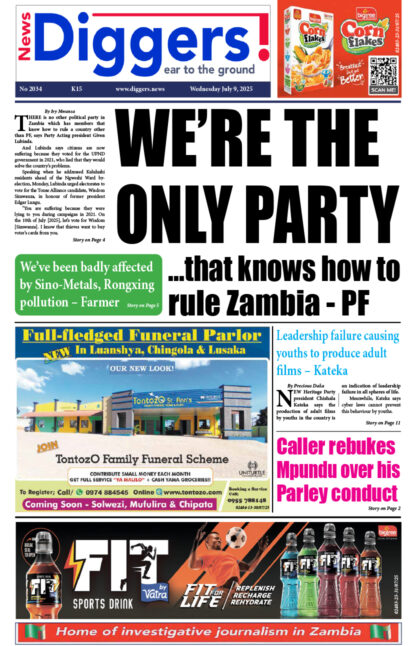A central bank, reserve bank, or monetary authority is an institution that manages the currency and interest rates of a country or formal monetary union and oversees the financial system. Central Banks are therefore essential institutions and well known for their power to print money! Since money can be said to be the blood of the economy, an effective and well-managed central bank is critical for macroeconomic stability.
Though part of the government’s financial management system, central banks are usually organized as separate institutions because “the power of spending money should be separated from the power of making money.” This notion is widely known as “central bank independence” and is not without justification. The spending or fiscal authority of the government, also called the ministry of finance, is directly influenced by elected officials who are motivated by short-run electoral considerations. In an election year, for example, these officials would highly value short-run economic expansions, which stimulate growth and employment, while discounting the longer-run inflationary consequences of expansionary policies. If elected officials also have full authority over monetary policy, the drive to please voters would ultimately lead to hyperinflation. The central bank would be forced to print money in order to please voters!
It is therefore important to have an independent central bank. Central bank independence refers to the freedom of monetary policymakers from direct political or governmental influence in the conduct of policy. There are two key dimensions to central bank independence; Goal independence and Instrument independence. Goal independence refers to the central bank’s ability to determine the goals of monetary policy without the direct influence of the fiscal authority. If the fiscal authority of the government decides what the inflation target should be, for example, then the central bank would have no goal independence. Instrument independence refers to the central bank’s ability to freely adjust its policy tools in pursuit of the goals of monetary policy. It is about the ability of the central bank to adjust policy tools in order to pursue goals aimed at safeguarding or improving economic performance.
In practice, there are four critical indicators of central bank independence. Firstly, a central bank is more independent if the chief executive, or governor, is appointed by the central bank board rather than by the government. It is also more independent if the governor is not subject to dismissal and has a long term of office. These aspects help insulate the central bank from political pressures. Secondly, independence is greater if more policy decisions are made independently of government involvement-this includes both the setting of goals for monetary policy and the adjustment of instruments.
Thirdly, central banks are more independent if price stability is the only or primary goal of monetary policy. This is because some macroeconomic goals, such as higher economic growth and lower unemployment, may be in conflict with maintaining lower inflation or price stability. Lastly, the independence of the central bank is greater if there are limitations on the government’s ability to borrow from the central bank. If the government can borrow without limits, there would be no limit to fiscal spending!
In summing up, a central bank that is too susceptible to political pressure may encourage economic cycles and hyperinflation, as politicians may be tempted to boost economic activity in advance of an election, to the detriment of the long-term health of the economy and the country. There is a need to promote central bank independence through appropriate legislation aimed at enhancing job security for the governor and board and increasing operational autonomy.
About Author
Mr. Bright Chizonde is the senior economist at the Public Financial Management Consult. He is a macroeconomist and a public finance management expert. His research interests are focused on how Zambia can improve its fiscal and budgeting processes for accelerated economic growth, while enhancing fiscal responsibility, fiscal transparency and public participation. Mr. Chizonde is passionate about simplifying economic issues for effective dissemination to the general public. To contact the author, please email: [email protected]



















